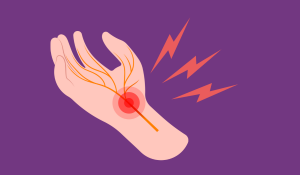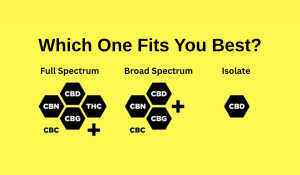Vaping CBD oil has become increasingly popular for those seeking the potential benefits of CBD in a quick and efficient manner.
This article explores the safety, health effects, and considerations when vaping CBD oil, addressing common concerns and providing valuable information for informed decision-making.
Vaping CBD oil involves inhaling vaporized CBD oil through an electronic device known as a vape pen. This method allows for rapid absorption of CBD into the bloodstream, offering potential relief from various symptoms within minutes.
However, understanding the safety and health implications of vaping CBD oil is crucial.
Vape pens themselves are generally safe; the concern lies in the cartridges used. Issues often arise from illegally obtained cartridges, particularly those containing nicotine and THC. To ensure safety, always purchase CBD vape oil from reputable sources that provide third-party lab testing.
EVALI, or e-cigarette or vaping product use-associated lung injury, has been a significant concern. The CDC has identified this illness, which is primarily linked to vaping nicotine and THC, especially from illicit sources. While EVALI cases are less common with CBD, caution is advised.
Hemp-derived CBD is legal in all states, whereas THC-derived CBD is not. The legal landscape impacts the quality and safety of available products. Ensure you are aware of the regulations in your state and choose products accordingly.
While vaping CBD oil can provide quick relief, there are potential health risks, particularly with products containing additives or synthetic components. Consider alternative methods of CBD consumption, such as tinctures, edibles, or topicals, especially if you have pre-existing lung conditions.
To minimize risks, always purchase CBD vape oil from reputable sources. Look for products that provide detailed ingredient lists and third-party lab test results to ensure purity and safety.
CBD itself typically does not show up on drug tests. However, some CBD products may contain trace amounts of THC, which could potentially result in a positive test. If you are subject to drug testing, choose broad-spectrum or CBD isolate products that are THC-free.

Explore this cbd consumption methods tutorial and follow the step-by-step process to select, use, and verify the safest ways to consume CBD for wellness.
Read More
Learn what CBD edibles are, their main types, expected effects, legal status, safety factors, and how they compare to other forms of CBD.
Read More
Therapeutic Uses of CBD Managing Chronic Pain with CBD Struggling with chronic pain? CBD might help. Studies suggest it can reduce inflammation and alleviate discomfort,...
Read More
Just as CBD may help humans due to its interaction with the body’s endocannabinoid system, the same is true of dogs. CBD has the potential...
Read More
Cannabis has been used for millennia to treat numerous health conditions. Current research offers promising results on the effects of CBD oil on breast cancer.
Read More
What Is CBD for Cats? CBD (Cannabidiol) is a natural compound from hemp. It’s non-psychoactive, meaning your cat won’t get “high.” Instead, it works with...
Read More
1. Understanding Neuropathic Pain Neuropathic pain results from nerve damage or dysfunction, causing symptoms like burning, tingling, or sharp shooting pains. Common Causes: Symptoms Include:...
Read More
CBD for Pets: A Pet Parent’s Guide to Dosage We all want the best for our pets, especially when they’re struggling with pain, anxiety, or...
Read More
What Is Lupus? Lupus is a long-term autoimmune condition that can impact multiple organs, including the skin, heart, lungs, and kidneys. The most common type...
Read More
1. Full-Spectrum CBD: The All-In-One Option What it is: Contains CBD, minor cannabinoids, terpenes, flavonoids — and less than 0.3% THC. Why choose it: Promotes...
Read More